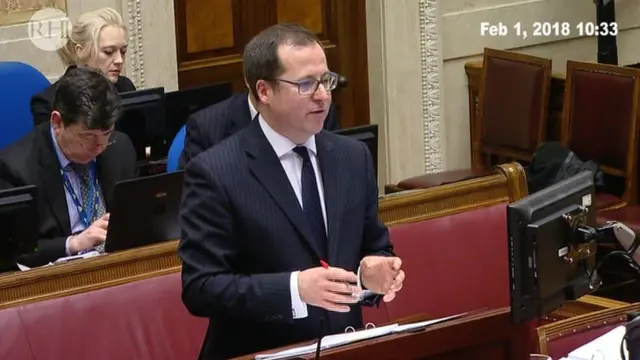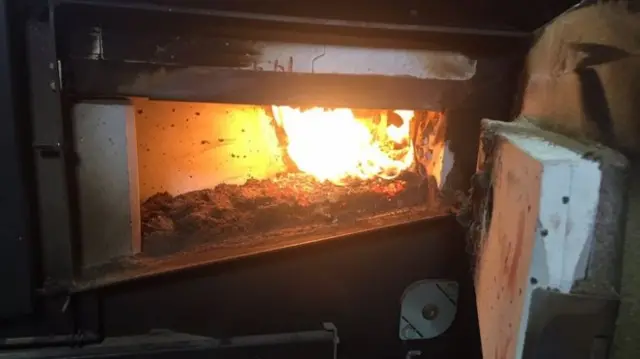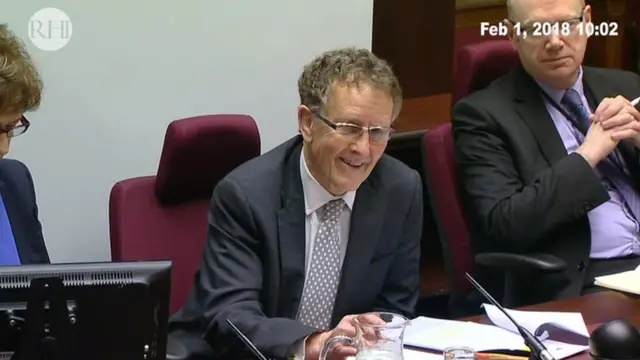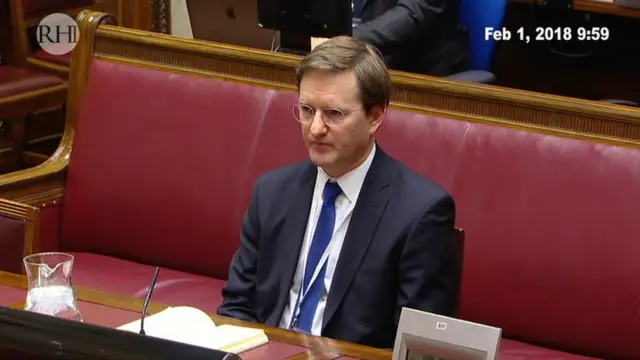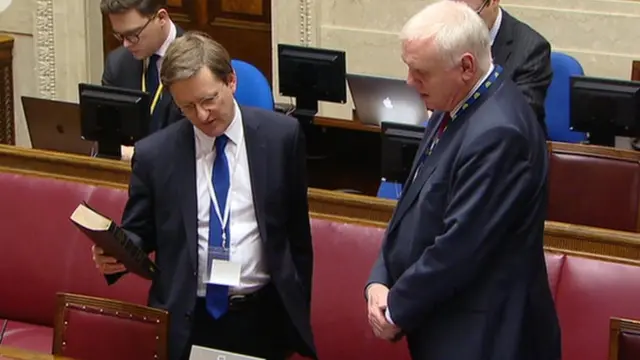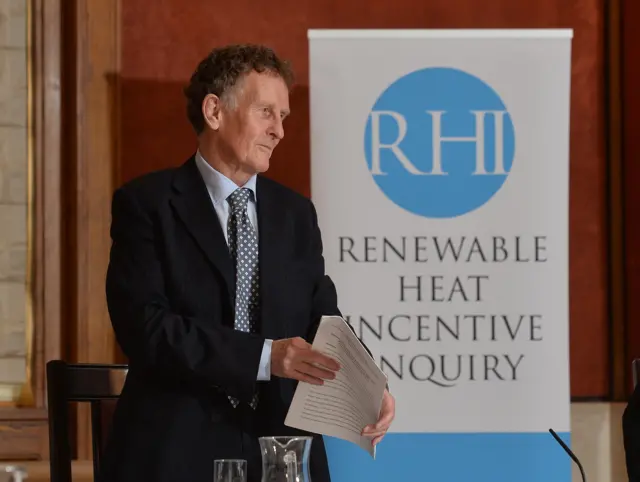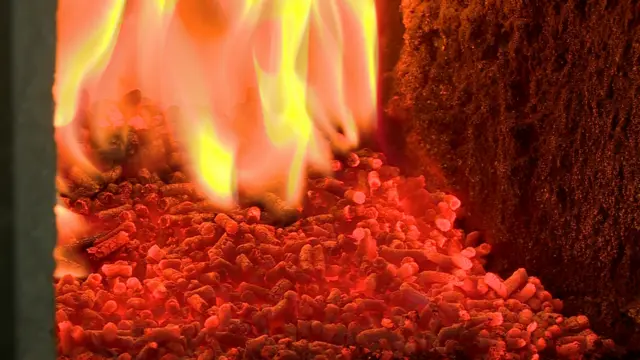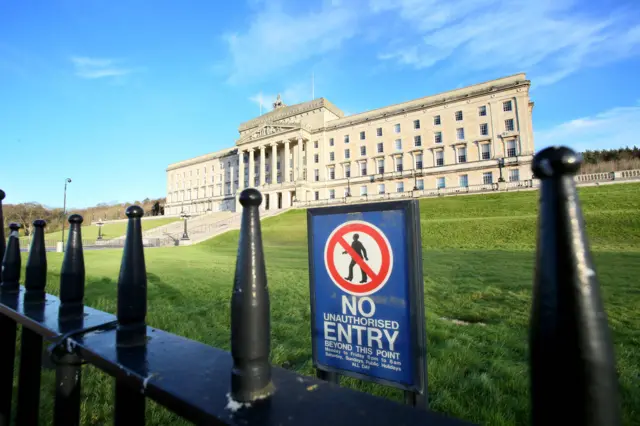'Scheme design teams must be aware of aid rules'published at 11:16 GMT 1 February 2018
Teams designing initiatives like the RHI scheme "need to be aware" that it is likely to fall under EU state aid rules and must fit within them, says Mr Moore.
 Image source, Getty Images
Image source, Getty ImagesHe goes on: "We found it very difficult if people [setting up schemes] came to us late with something and then we turn round and say: 'Sorry, this doesn't fit the state aid rules.'"
He makes the point that sometimes the schemes that he is asked to advise on can be more generous than the aid rules allow.
